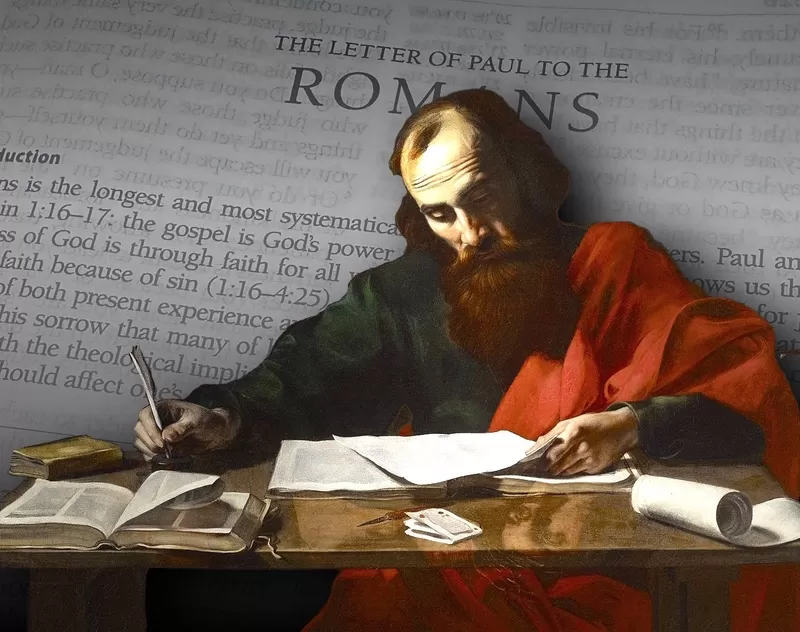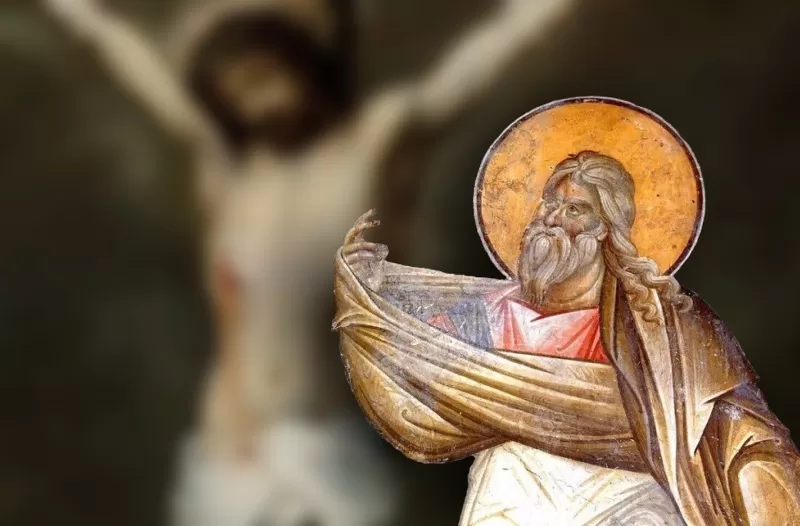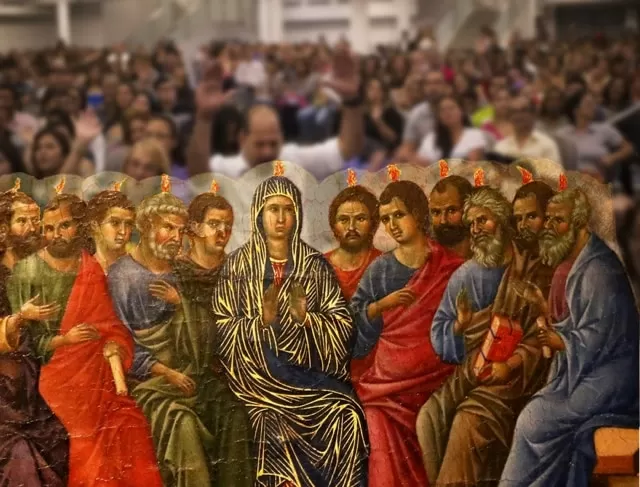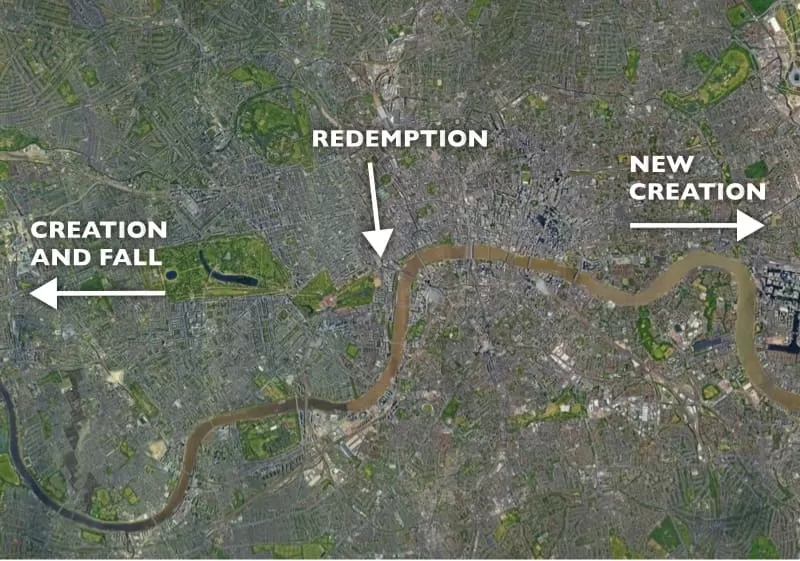Paul’s letter to the Romans (1:1-18)
Romans 1:1-18
Paul, apostle of the Lord Jesus Christ (1:1-7)
Paul introduces himself to those in Rome who are “called to be saints” as a slave of Christ and an apostle, “set apart for the gospel of God.”
The “gospel” is the proclamation of good news, anticipated in the Jewish scriptures, concerning a pre-eminent royal figure: a Son who was of the seed of David, now “appointed (horisthentos) Son of God in power according to the Spirit of holiness from resurrection of the dead” (1:4*).







Recent discussion